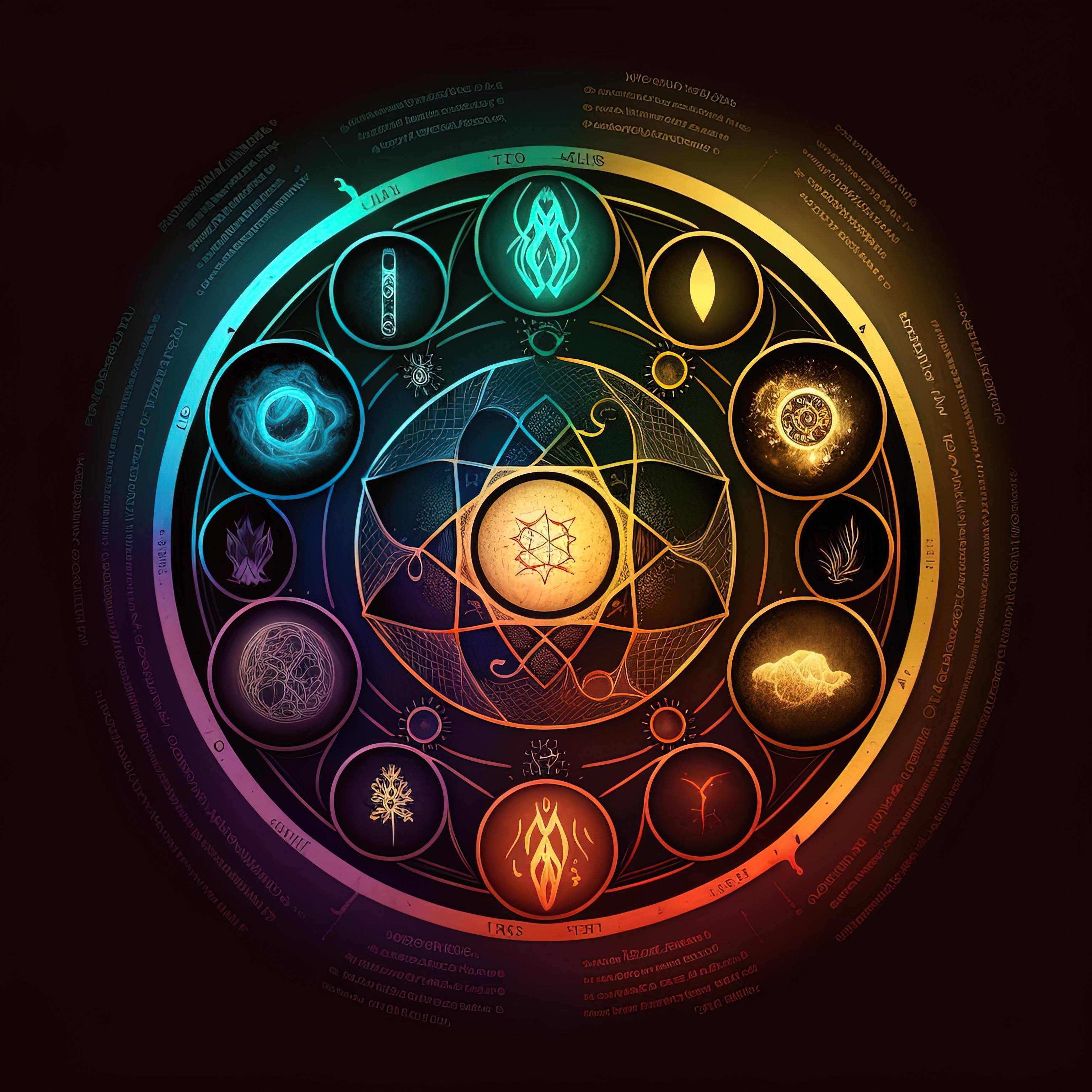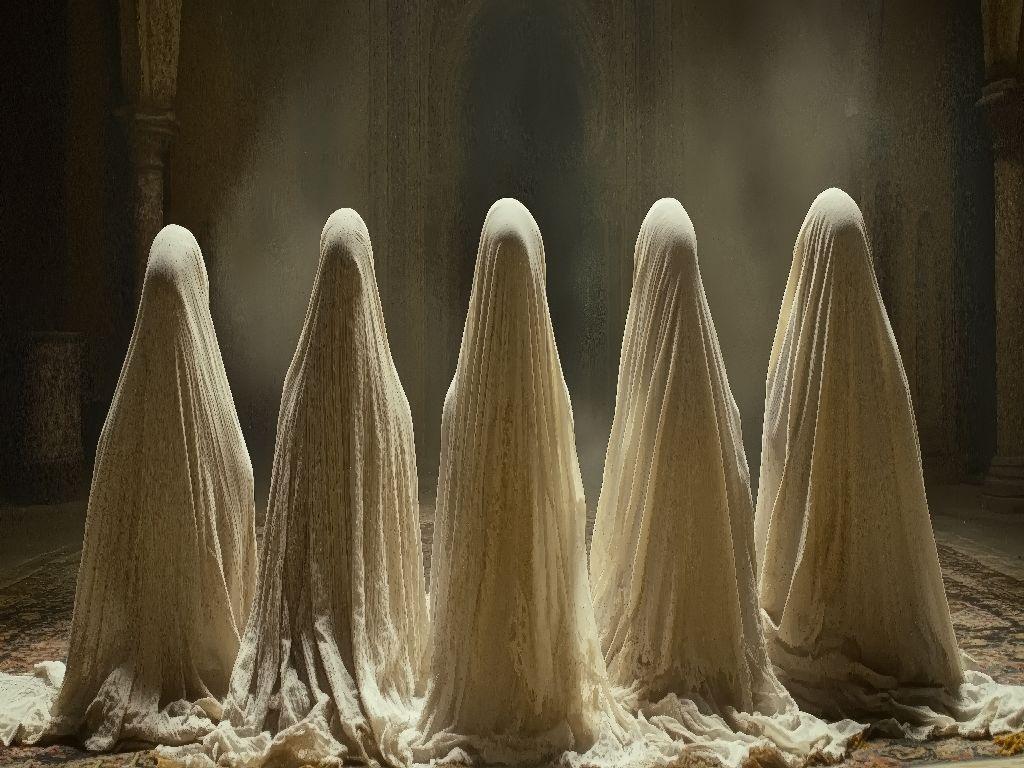Leviathan

Leviathan
Mythology / Religion / Symbolism / Literature / Esotericism
Definition:
Leviathan is a mythical sea monster found in the Hebrew Bible and later religious, literary, and philosophical traditions. It has come to symbolize chaos, divine power, evil, or primordial forces. The term has evolved into a powerful symbol in theology, psychology, and politics.
Biblical Origins:
-
Mentioned in Job 3:8, Job 41, Isaiah 27:1, and Psalm 74:14
-
In Jewish mythology, Leviathan is a chaotic sea creature destined to be defeated by God at the end of time
-
Associated with the primordial ocean, creation myths, and the divine battle against chaos
-
Appears in eschatological visions (e.g., the Leviathan feast for the righteous)
In Christian Tradition:
-
Later interpreted as a symbol of Satan, Hell, or sinful power
-
In medieval demonology, Leviathan is sometimes listed among the princes of Hell
Symbolism and Interpretation:
-
Chaos and darkness: Represents untamed nature, fear, and destructive power
-
Divine control: In some views, Leviathan is a creature made and ruled by God, demonstrating sovereign order
-
Psychologically (e.g., in Jungian theory): An archetype of the deep unconscious
In Philosophy and Literature:
-
In Thomas Hobbes’ Leviathan (1651): The state as a necessary force to control human chaos
-
In modern literature (e.g., Milton, Melville, Lovecraft), Leviathan symbolizes the unknown, sublime, or cosmic terror
In Esotericism and Pop Culture:
-
In occult systems (e.g., Satanism, Chaos magic) as a demonic, elemental, or creative force
-
Popular in films, video games, music, and fantasy as a colossal sea beast, world-devourer, or cosmic entity
Links:



